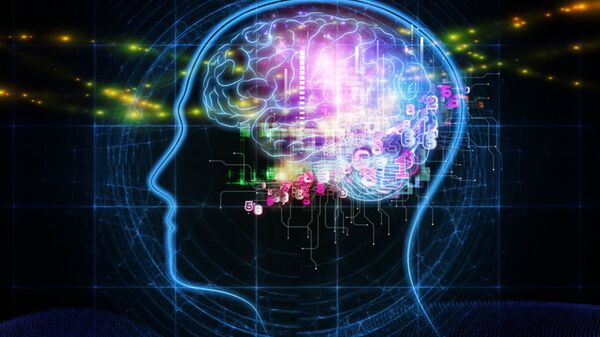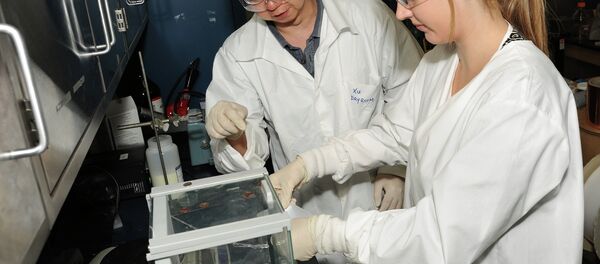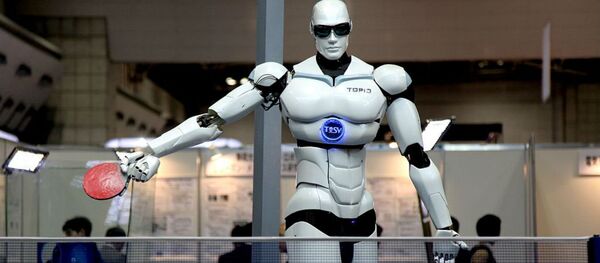"Yesterday, Dr. Will Caster was only human." So reads the poster for 2014’s "Transcendence." You know, the Johnny Depp flop churned out between "Pirates of the Caribbean 12: At Wits’ End" and "Pirates of the Caribbean 26: Geriatric Jack?" No?
It wasn’t received very well. But the concept – that a man’s consciousness can be downloaded to a computer – isn’t altogether bad. According to Martine Rothblatt, CEO of United Therapeutics, it may not be entirely unrealistic, either.
"Taking a mind and offloading it to software is consistent with physics and it’s something that I think will be done in this century," Rothblatt said during an interview at eMerge Americas on Monday.
The technology is a long way off, of course, but as Rothblatt points out, science has already advanced far enough that we can transplant internal organs. It’s what United Therapeutics does every day, and it’s a concept that would have seemed just as fantastical 200 years ago.
"I think it was not a very big stretch for me to ask myself: 'What if you transplanted their minds into software? Would they be able to stay alive in the software while perhaps technology continued to advance?'" she said. "And just like we regenerate lungs and we regenerate hearts, perhaps, ultimately, people can regenerate brain tissue so their minds can be rewritten into brain tissue."
Rothblatt subscribes to the Ray Kurzweil’s model of transhumanism. The director of engineering for Google, Kurzweil has written extensively on the singularity, the point at which man and artificial intelligence will merge.
Kurzweil would likely take the suggestion further. While Rothblatt implies that the mind could be temporarily stored on a server until technology exists to heal and re-inhabit the body, Kurzweil would likely do away with the physical altogether.
Easy for an intellectual to say. Some of us like to get out and ride a bike once in a while.
While the technology may seem far off, in many ways it’s already here. Vast troves of our personalities are already digitally stored through social media sites. What is Facebook if not a way to virtually assert our identities? Even if the profiles can be manipulated to present the best image of ourselves – did you really make that chicken tortellini from scratch, bro? – they’re still a representation, and no two are alike.
To that end, Rothblatt has created a nonprofit where people can store these so-called "mind files."
"All of these things are kept in a mind file and so in the future when software does catch up with Kurzweil’s predictions, all of their thoughts and memories will be there," Rothblatt said.
So good news: just like the Pirates of the Caribbean franchise, you, too, may never die.




